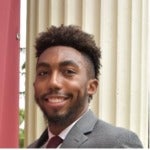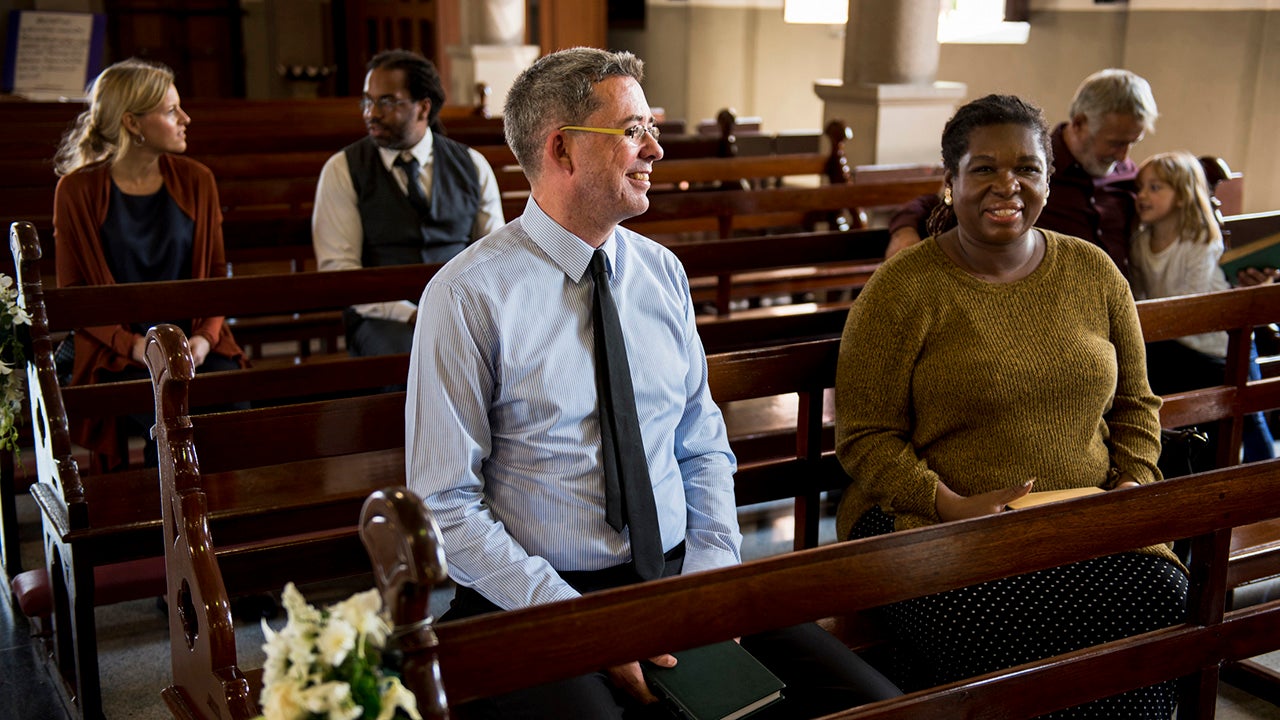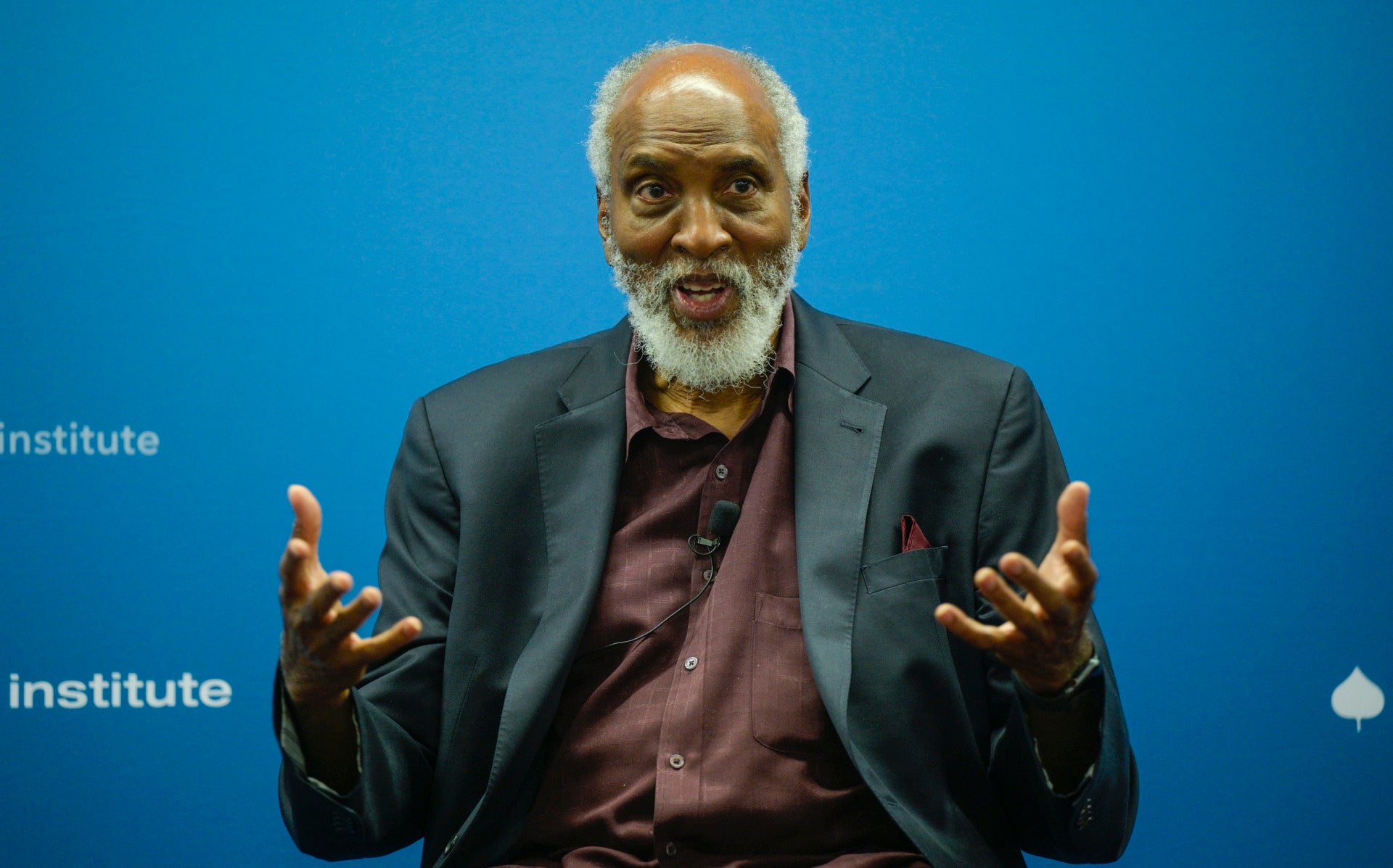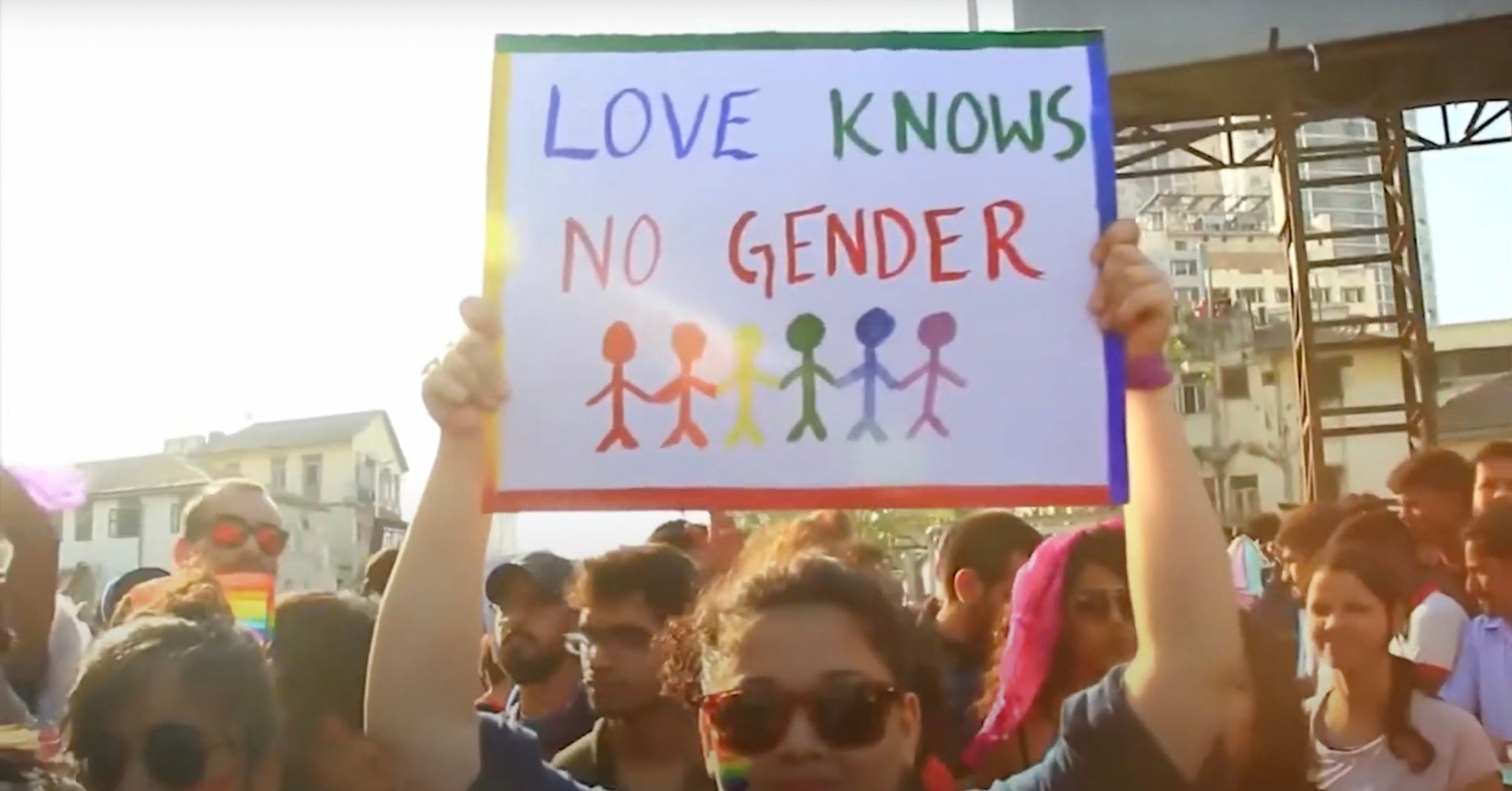 The Better Arguments Project is a national civic initiative created to help bridge divides not by papering over them but by helping people have better arguments. Arguments don’t have to drive us apart—better arguments can bring us together. Donovan Gayles participated in the Better Arguments Ambassador Program, an immersive, fellowship-style program designed to equip participants to bring the project to their communities. A former youth program trainer at Coro Northern California, Donovan is currently completing his Master’s in Public Policy at the University of Michigan. He sat down with the Better Arguments team to share how the program inspired him to take on a project to address mental health for young people of color.
The Better Arguments Project is a national civic initiative created to help bridge divides not by papering over them but by helping people have better arguments. Arguments don’t have to drive us apart—better arguments can bring us together. Donovan Gayles participated in the Better Arguments Ambassador Program, an immersive, fellowship-style program designed to equip participants to bring the project to their communities. A former youth program trainer at Coro Northern California, Donovan is currently completing his Master’s in Public Policy at the University of Michigan. He sat down with the Better Arguments team to share how the program inspired him to take on a project to address mental health for young people of color.
Why were you drawn to participate in the Better Arguments Ambassador Program?
The pillars on which the Better Arguments Project stand drew me to the program, particularly its emphasis on emotional vulnerability and historical context. One thing I think about a lot with today’s discourse is that we fail to see people where they are at and hear different opinions. I resonated with the emphasis on how to re-imagine arguments in a way that is not negative or toxic. We need to find ways to have conversations where we might not see eye-to-eye but still respect each other and leave the conversation having gained something.
Why do you think it is important that we find healthier, more productive ways to disagree and exchange ideas?
Being in the political science and public policy space, I notice that we only get so far in our conversations. When it comes to ideologies or political parties or anything of that nature, people get left in the cracks. There are decisions made, but there are always folks who get forgotten about as we fail to consider people beyond ourselves. To craft the best policy and create the strongest solutions, we need to be able to have conversations that include everybody with all intersectional lenses. We need to think about how we show up for people who may not be in the room. The best way to do that is through the uncomfortable but productive conversations that the Better Arguments Project promotes.
I know that you are passionate about a lot of advocacy projects for Black and Brown communities. How does the concept of “better arguments” relate to your broader philosophy and goals?
The concept of “better arguments” relates in several ways. One is that, historically, issues that affect Black and Brown communities are often diminished, neglected, or even flat out rejected. That is why for my capstone project, after completing the program, I decided to focus on mental health in the Black community. For Black and Brown communities, there is often a stigma that they do not suffer from mental health issues or that their struggles are unimportant.
There are different types of arguments that need to be had, like “What should we do about climate change?” or “What should we do about gas prices?” But there are also systemic issues that many people do not believe exist. We need to have arguments around questions like “Does systemic racism exist?” or “What is capitalism’s role in systemic racism?” These are rooted and complicated arguments that require much more dialogue. We must find ways to peel back the toxicity that comes with having these arguments if we are going to hear from different perspectives and make real progress.
You were drawn to the Fourth Principle of a Better Argument: Embrace Vulnerability. Why did this speak to you?
When I came across Better Arguments, I was at a moment where I was thinking about my own vulnerability. I was thinking about myself and the people around me and realized that vulnerability is a strength—there is power in vulnerability. Many of our greatest leaders have been able to tap into their vulnerability (or that of those they represent) and use it to call people into their mission. People can relate to each other so much more if they embrace vulnerability, and we can use it as a tool for good. We need to ask: “How do I show myself in the most authentic way to get more people to buy in?” If policymakers, for example, were more vulnerable about their doubts or motives, it would draw more people in and decrease pushback. We learn and understand people better when we know their “why.”
How did you apply your learnings from the Ambassador Program via your capstone project?
I wanted to use what I learned about history and vulnerability to combat stigmas around mental health in Black and Brown communities. I brought experts together to talk to young people about the mental health challenges that young people of color face and offer advice. I drew out the historical context to emphasize the story of how we have gotten to where we are today and the notion of vulnerability as part of the path forward. My ultimate goal was to address the stigma in the Black and Brown community about seeking support. When we talk about therapy, it is always “Oh, that’s a white people thing. We don’t do that.” When I ask my friends about therapy, they say, “Nah, we don’t do that.” And I say, “Well, why not?” Mental health affects everybody, and if you look at the numbers, it actually affects Black and Brown youth at a much higher rate, partially because it’s so stigmatized and we are so afraid to seek help. If we can find ways to start having these difficult conversations, we can start to peel back that harm.
What is next for you, and how do you plan to continue having “better arguments”?
I have been applying the principles in my everyday conversations. After I graduate next year, I hope to bring this approach into the policy space, especially the pieces on emotional intelligence, historical context, and vulnerability. Policy is just a bunch of emotional beings making decisions based on personal preferences. How do we begin to broaden our scope and bring these pieces of better arguments into the conversation? We need to create policies that are attuned to things like emotional intelligence so that we can understand ourselves and the people we serve.


